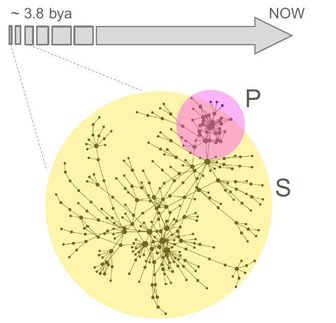Frank Gannon announces his retirement from EMBO
Advertisement
Executive Director of EMBO, Professor Frank Gannon, has announced that he will retire from his position in mid-2007. At that time, he will have led EMBO for over 13 years, driving a period of significant expansion and development for the organisation. Appointed in 1994, Gannon today directs a considerably extended programme of activities ranging from training, professional development and networking to scientific publishing and policy advice. He also runs an active research group at the European molecular biology Laboratory (EMBL).
In addition to expanding EMBO¹s established Fellowship and Courses & Workshops Programmes, Gannon has introduced career development initiatives such as the Young Investigator Programme and launched two new journals, EMBO reports and Molecular Systems Biology. Under his guidance, EMBO pursues an active Science & Society Programme and plays an increasing advisory role in policy-making arenas, one example being its leadership in promoting the establishment of the European Research Council (ERC). Gannon's directorship has also seen EMBO offer special support to member states with less developed scientific infrastructures and opened up the organisation to greater interactions with scientists outside Europe.
Frank Gannon commented: "The decision to leave EMBO was a difficult one but comes at the right time in my career, giving me the opportunity to move on to a new challenge before I retire from science. Looking back I can reflect on many changes that were timely for EMBO and I am happy to have had the chance to deliver on them. I will leave the organisation with the confidence that it holds a central and relevant position in European research. With a strong EMBO team in Heidelberg and the energetic engagement of the EMBO Members, I'm sure that EMBO will continue to serve the life sciences in Europe for many years to come."
Organizations
Other news from the department people

Get the life science industry in your inbox
By submitting this form you agree that LUMITOS AG will send you the newsletter(s) selected above by email. Your data will not be passed on to third parties. Your data will be stored and processed in accordance with our data protection regulations. LUMITOS may contact you by email for the purpose of advertising or market and opinion surveys. You can revoke your consent at any time without giving reasons to LUMITOS AG, Ernst-Augustin-Str. 2, 12489 Berlin, Germany or by e-mail at revoke@lumitos.com with effect for the future. In addition, each email contains a link to unsubscribe from the corresponding newsletter.

























































